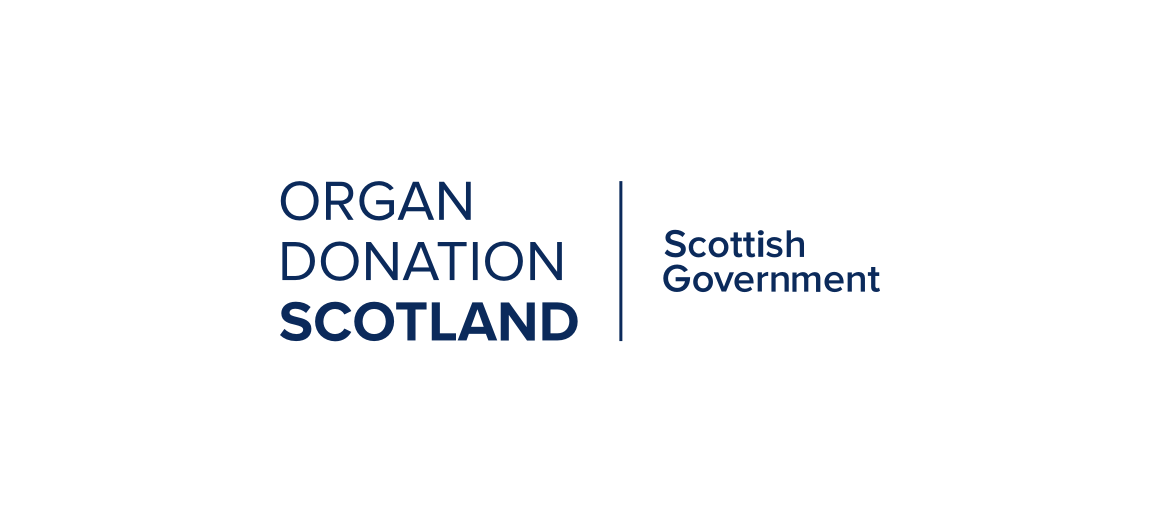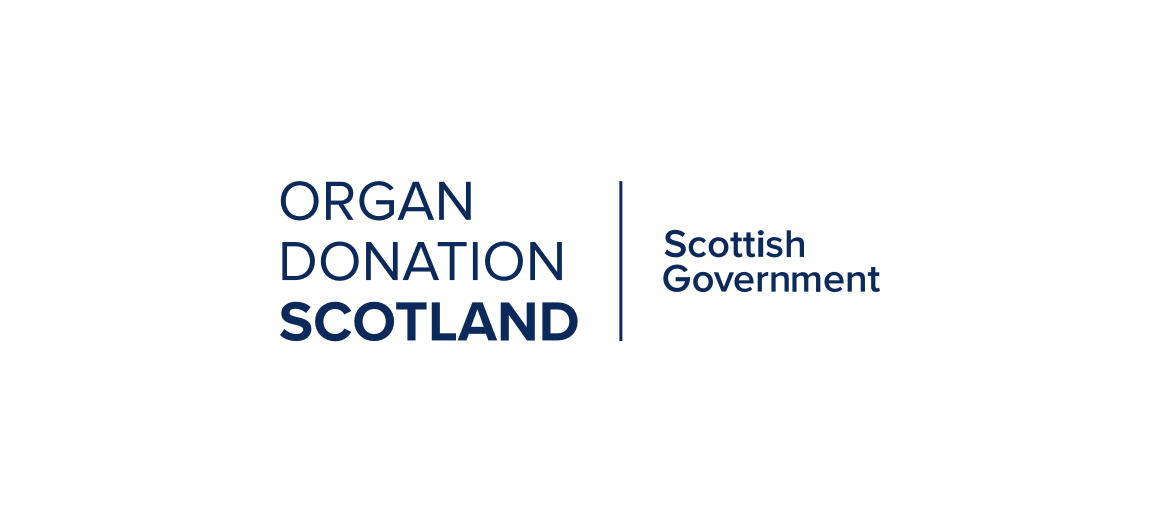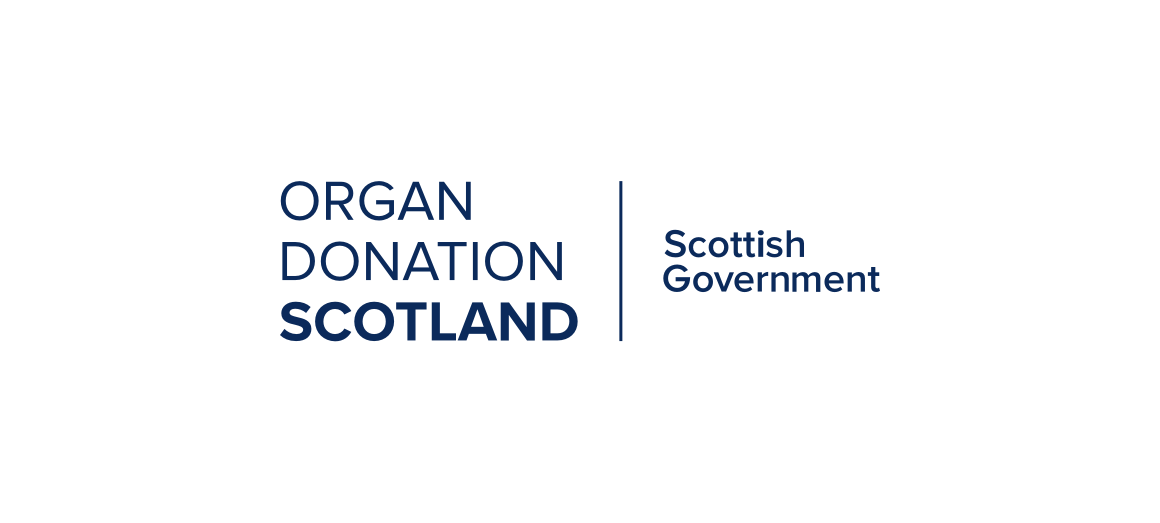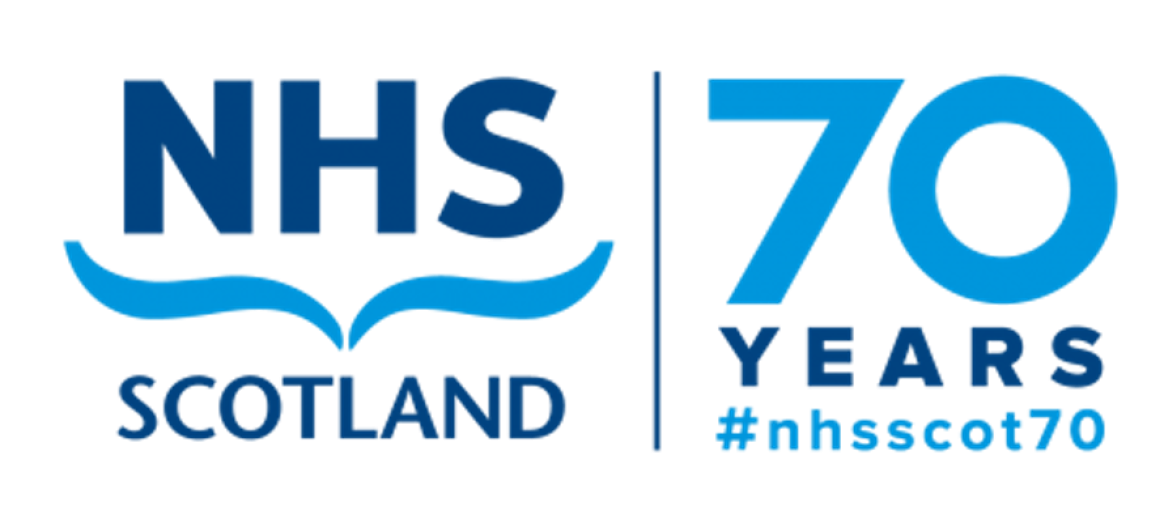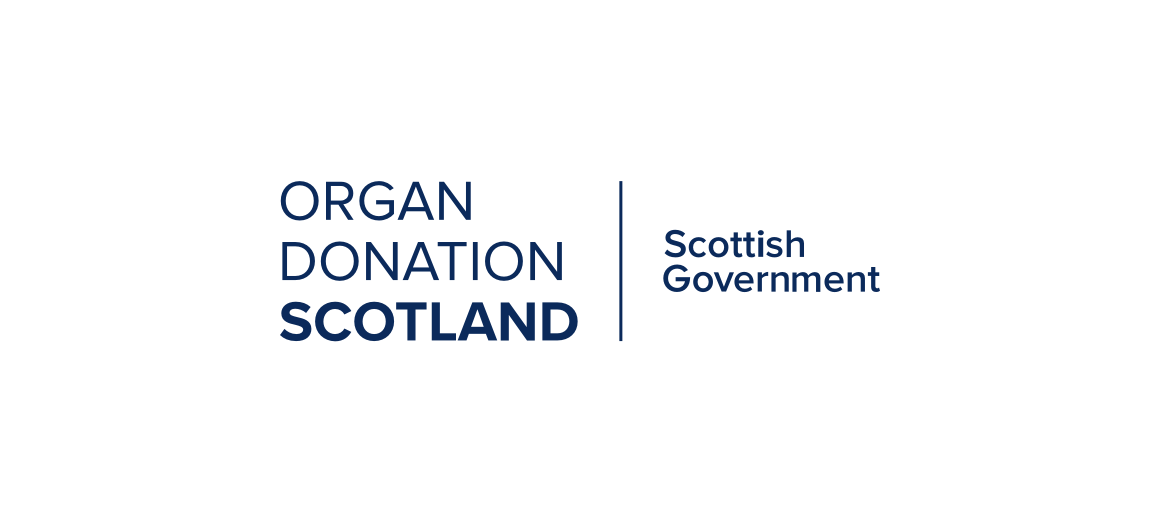
Q&A on Proposed Changes to Organ & Tissue Donation System
Following support shown in the consultation on increasing organ and tissue donation, legislation for a soft opt out system of organ and tissue donation has been prepared
As announced on 11 June 2018, this legislation is currently being considered by the Scottish Parliament.
This is a Q&A on the key points relating to the opt out elements of the Bill.
Why is organ donation so important?
There are currently 565 people in Scotland waiting for a transplant. However, less than 1% of the population will die in circumstances that enable organ donation to proceed. This is why it is so important that as many people as possible who could be donors are able to donate.
Why is this change being made?
There’s strong support for donation in Scotland and the aim is to do all we can to reduce the numbers of people in Scotland waiting for transplants.
Moving to an opt out system of organ and tissue donation will add to the measures already have in place and will be part of a long term culture change in attitudes to encourage people to support donation.
The new system will continue to enable people to make a choice and to make their donation decision known.
What is a soft opt out system?
Based on the legislation that has been presented to the Scottish Parliament, the proposed system means:
1. you can opt in to donation
2. you can opt out of donation
3. if you have done neither 1 or 2, it may be assumed that you support donation (known as deemed authorisation) as you have not opted out unless your family are aware that you have previously said that you did not want to donate.
When will the soft opt out system come into force?
The Scottish Parliament will be considering the legislation over the coming months and it will decide whether to approve the plans. In the meantime, people can continue to make a decision about organ donation and let their family know.
Will the move to soft opt out significantly reduce the number of people waiting for an organ donation?
We shouldn’t view opt out alone as an answer – it is one measure within a package that is already having a real impact. But we hope that opt out can be part of the ongoing process of culture change and awareness raising around organ donation to encourage people to support donation.
If I disagree with organ donation can I opt out now?
Yes, you can opt out at the moment. The easiest way to do this is on the Organ Donor Register.
Does an opt out system mean I can no longer opt in?
If you support organ donation and are happy to be an organ and/or tissue donor you can continue to opt in via the Organ Donor Register.
What if I have already opted in to be an organ donor?
Your decision will continue to be recorded on the Organ Donor Register. You do not need to take any further action.
Why keep opt in if the system is an opt out one?
Evidence from other countries shows that more successful opt out systems are associated with the ability to opt in. Plus, the clear view from the responses to the consultation last year was that the wishes of the individual should be paramount and the Bill provides for this.
In addition, it is important that people can continue to be able to opt in to donating some organs and tissue, but not others if they wish to do so.
What if I have previously requested to opt out of organ donation?
The decision is still recorded on the Organ Donor Register. There is no need to do anything further unless you change your mind and wish to donate some or all of your organs or tissue.
If I don’t opt in or out, will my name automatically be added to the Organ Donor Register?
No. Your name will only be added to the Organ Donor Register if you choose to include your decision on the Register, either by doing so online, by post or by phone. However, if you have not opted in or out on the Organ Donor Register, then you may be deemed to have authorised donation after your death, unless your family are aware that you have said you do not want to be a donor.
What role will my family play upon my death?
Families will continue to have an important role, reflected in the legislation, to help the NHS understand the wishes of their loved-ones. This is why as well as registering your decision to opt in or opt out, it is important to make your family aware of your decision.
Can my family override my decision?
The intention is to give effect to the wishes of the potential donor. That’s why it’s so important that when people make a donation decision they let their family know, as they will play a crucial role in communicating their loved one’s views.
Specialist Nurses in Organ Donation and Tissue Donor Coordinators are specially trained in approaching families in a sensitive way regarding their loved one’s organ donation decision and supporting them through the process at what is a really difficult time.
How will people know they have to opt out if they do not want deemed authorisation to apply to them?
Over the year prior to the system coming into force a public awareness campaign will be run to provide information about the new system. The campaign will continue after the date of introduction as part of continuing activity to increase awareness about organ and tissue donation.
For more information on the proposed legislation please visit the Scottish Parliament website.
